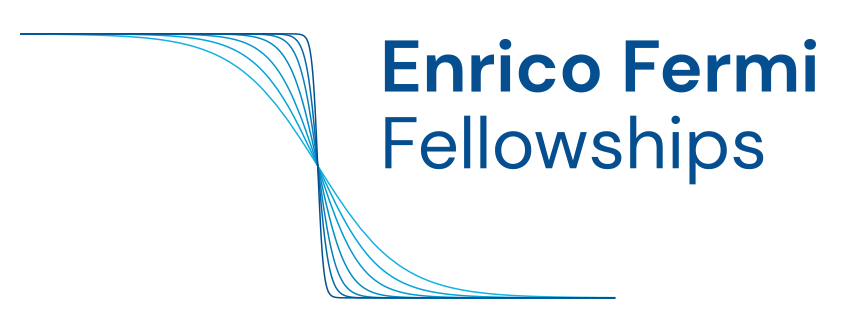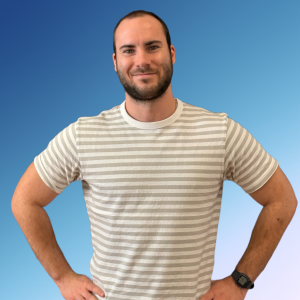Institute for Quantum Optics and Quantum Information
Supervisors: Marios Christodoulou (Institute for Quantum Optics and Quantum Information) – Markus Aspelmeyer (University of Vienna)
Short Bio: I have studied physics at the University of Vienna and I am currently a PhD-Student in the group of Marios Christodoulou at the Institute for Quantum Optics and Quantum Information Vienna. I’m interested in fundamental questions in physics, especially at the intersection of gravity and quantum mechanics. My goal for this project is to find new ways to contribute to the broader effort of experimentally testing gravity in quantum systems.


